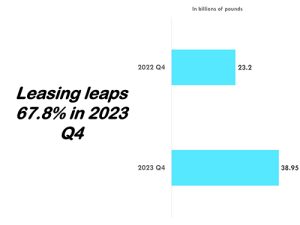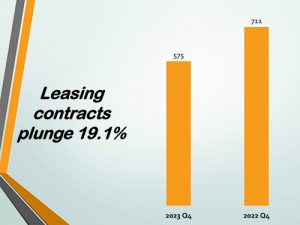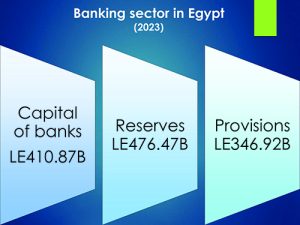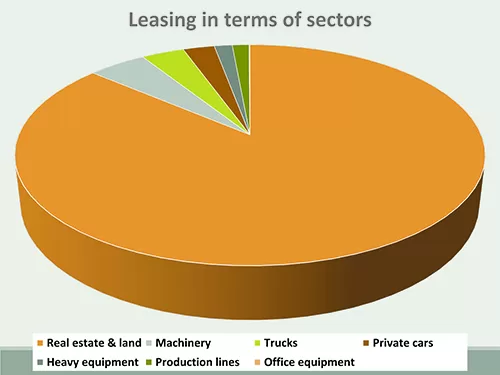Digitisation of Egypt’s non-bank financial sector is imperative in a bid to boost financial inclusion. It is also necessary to ensure the governance and solidity of all financial systems and models are efficient.

Adequacy of technological infrastructure is a key factor for stability of markets and non-bank financial companies. To this end, the Financial Regulatory Authority (FRA) has unveiled plans to license robo-advisory service, which is an artificial intelligence-powered financial advisor that provides algorithm-driven wealth management services with little to no human intervention.
The state-of-the-art tool is used in portfolio and investment management, as a financial product that helps provide advice and consultations to investors.
Why robo-advisers?
Robo-advisers have revolutionised the way individuals manage their investments by providing automated, algorithm-driven financial planning services. These digital platforms offer a range of benefits that can help investors make informed decisions and optimise their portfolios.

The AI-powered service offers personalised investment advice based on an individual’s financial goals, risk tolerance, and time horizon.
7,200 millionaires in Cairo
There are 7,200 millionaires living in Cairo, which is in the third place on terms of millionaires in Africa, according to the 2024 Africa Wealth Report, published by international wealth advisory firm Henley & Partners in collaboration with global wealth intelligence partner New World Wealth.
Johannesburg holds its place as the wealthiest in Africa, with 12,300 millionaires, 25 centi-millionaires, and 2 billionaires. Cape Town follows closely with 7,400 millionaires, 28 centi-millionaires, and 1 billionaire. When it comes to future millionaire-magnet cities and regions, head of research at New World Wealth, Andrew Amoils, says Cape Town, South Africa’s Whale Coast, Kigali, Windhoek, Swakopmund, Nairobi, Tangier, and Marrakech are all expected to enjoy 85%+ millionaire growth over the next 10 years.

“Solid growth of over 80%+ is also projected in Lusaka and Mombasa. Cape Town is on track to overtake Johannesburg to become Africa’s wealthiest city by 2030. We expect several major Johannesburg-based companies to move their head offices to Cape Town over the next decade, which should help to drive wealth growth in the city,” Amoils said.
The total investable wealth currently held on the African continent amounts to $2.5 trillion and its millionaire population is set to rise by 65 per cent over the next 10 years.

There are currently 135,200 high-net-worth individuals (HNWIs) with liquid investable wealth of $1 million or more living in Africa, along with 342 centi-millionaires worth $100 million or more, and 21 dollar billionaires. Africa’s ‘Big 5’ wealth markets — South Africa, Egypt, Nigeria, Kenya, and Morocco — together account for 56% of the continent’s millionaires and over 90% of its billionaires.
But, as Dominic Volek, Group Head of Private Clients at Henley & Partners, points out, wealth growth on the continent has not been without its setbacks.

“Currency depreciation and underperforming stock markets have chipped away at Africa’s wealth compared to global benchmarks. Currencies in most other African countries also performed poorly compared to the dollar over the past 10 years, with dramatic depreciations of over 75 per cent recorded in Nigeria, Egypt, Angola, and Zambia,” Volek said.







Discussion about this post